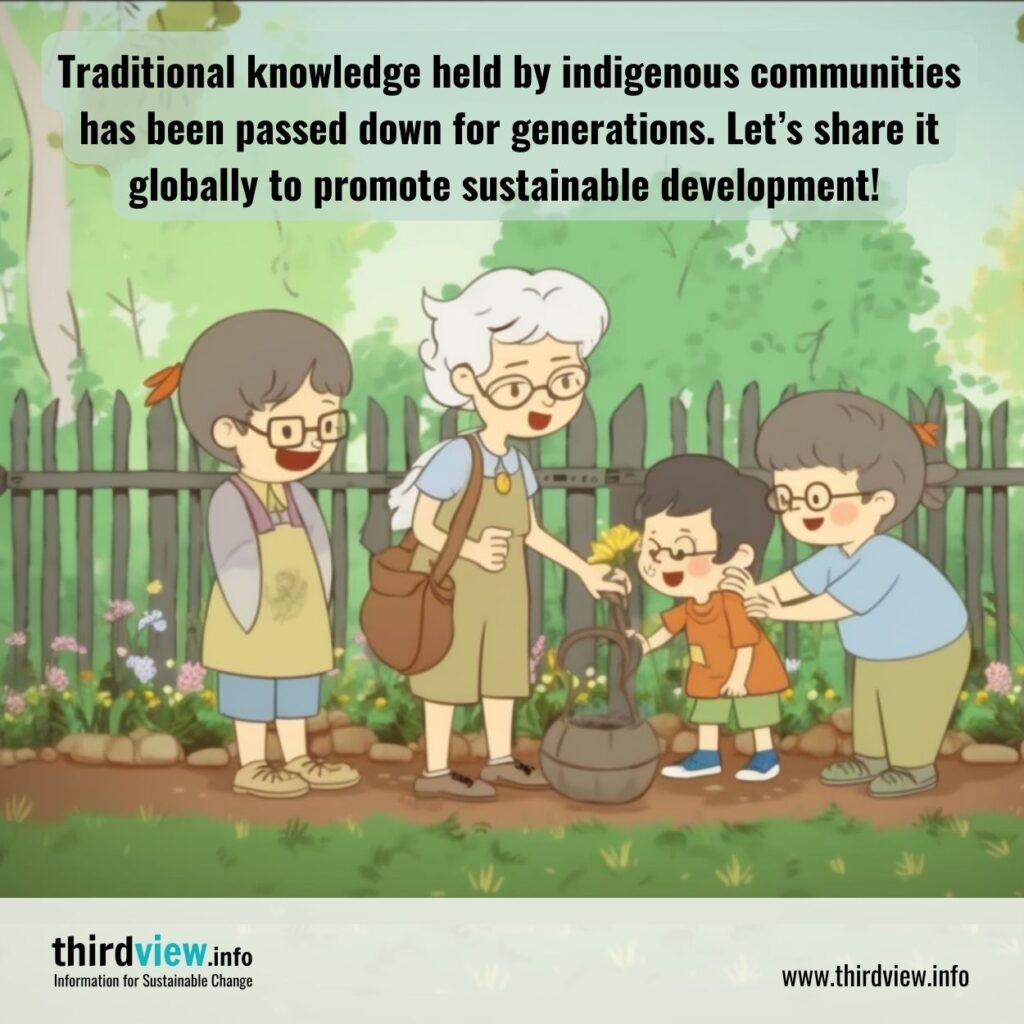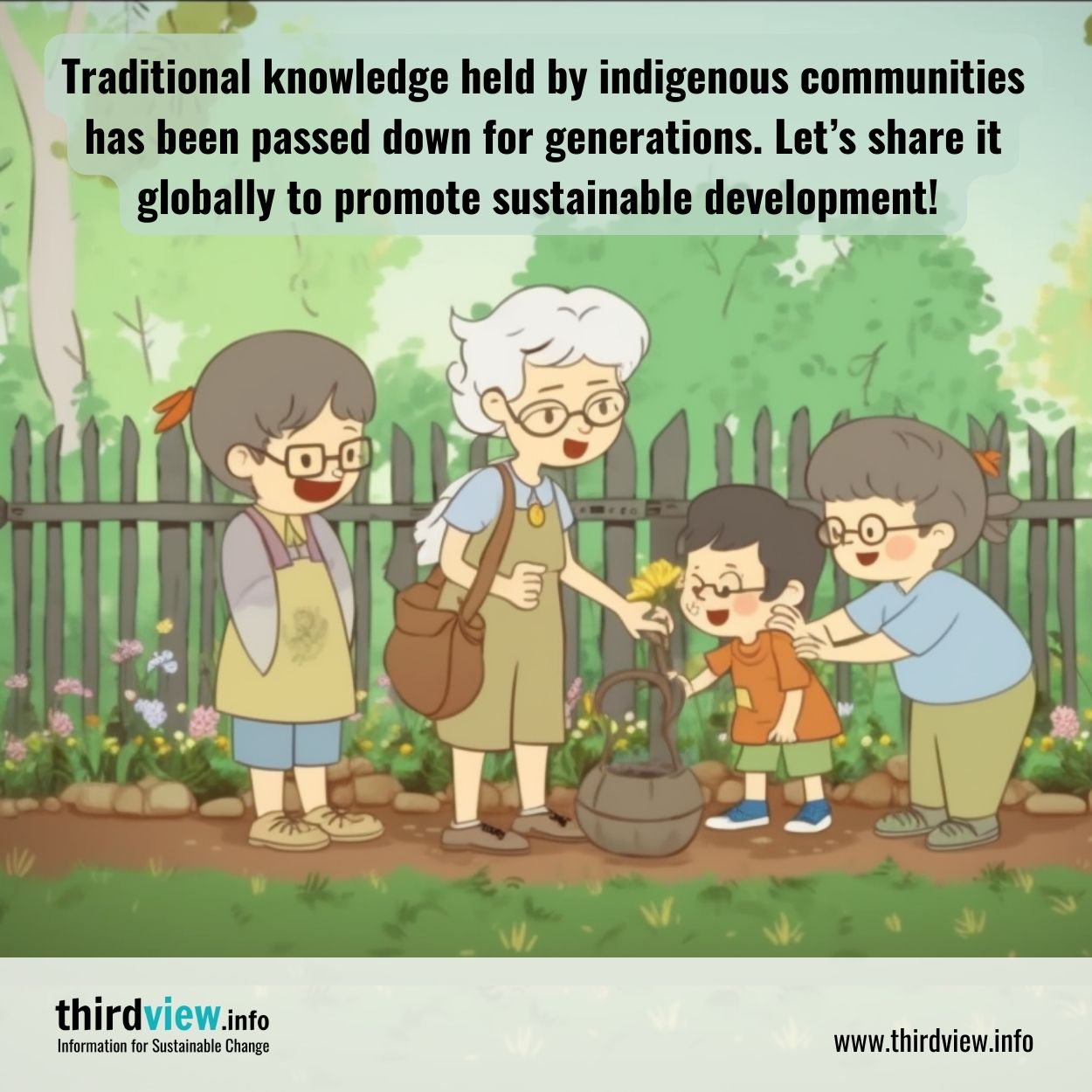Throughout history, indigenous people have been the custodians of traditional knowledge that has been passed down through generations. This knowledge, which is often rooted in the culture and spiritual beliefs of these communities, is used to sustain their local environments. In recent years, there has been a greater effort to exchange this knowledge between local and global communities. This blog will explore how we can learn from each other through the exchange of global and local experiences related to indigenous knowledge.
There are many ways for us to exchange information related to indigenous knowledge on a global level. One example is through digital platforms such as websites or social media pages that provide a space for individuals and groups to share their stories. These platforms can help people connect with each other across different cultures and contexts, while also providing an opportunity for individuals to share their experiences with traditional practices. For instance, a social media page dedicated to sharing stories about traditional medicine could create an avenue for exchanging ideas between traditional healers from different parts of the world.
Another way we can exchange information is by establishing formal collaborations between local and global entities. An example of this is the Global Indigenous Network (GIN), which was established in 2017 as a collaborative platform for indigenous peoples around the world to share their knowledge and experiences with each other on various topics such as health, education, environment, culture, and more. Through GIN’s online platform as well as its regional meetings, members are able to come together to learn from one another’s experiences and develop strategies for protecting cultural heritage while promoting sustainable development in their respective countries or regions.
In addition to these collaborative initiatives, many universities have incorporated courses related to indigenous studies into their curriculum in order to educate students on topics such as traditional language preservation and cultural identity awareness. These courses provide students with an opportunity not only to learn about important topics related to indigenous communities but also to gain valuable insights into how they can contribute towards preserving these cultures’ unique traditions on both a local and global scale.
The exchange of global and local experiences related to indigenous knowledge provides us with an invaluable opportunity not only for learning about other cultures but also to contribute towards preserving them going forward. By leveraging opportunities such as digital platforms, collaborative initiatives like GIN, or even university-level courses dedicated towards this topic – we can ensure that future generations continue benefiting from this unique source of insight into our shared history while also helping advance sustainable development initiatives across the globe.


